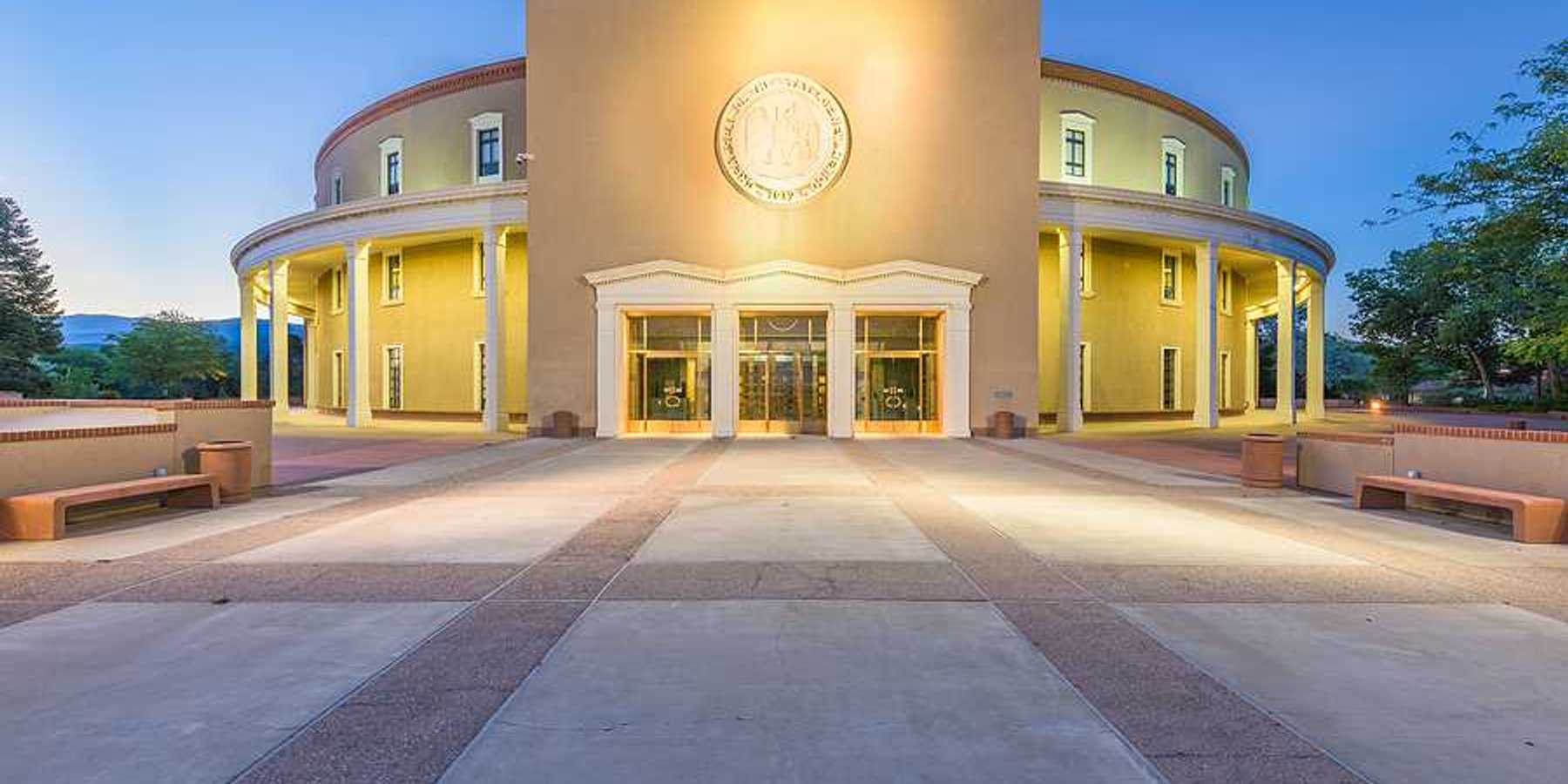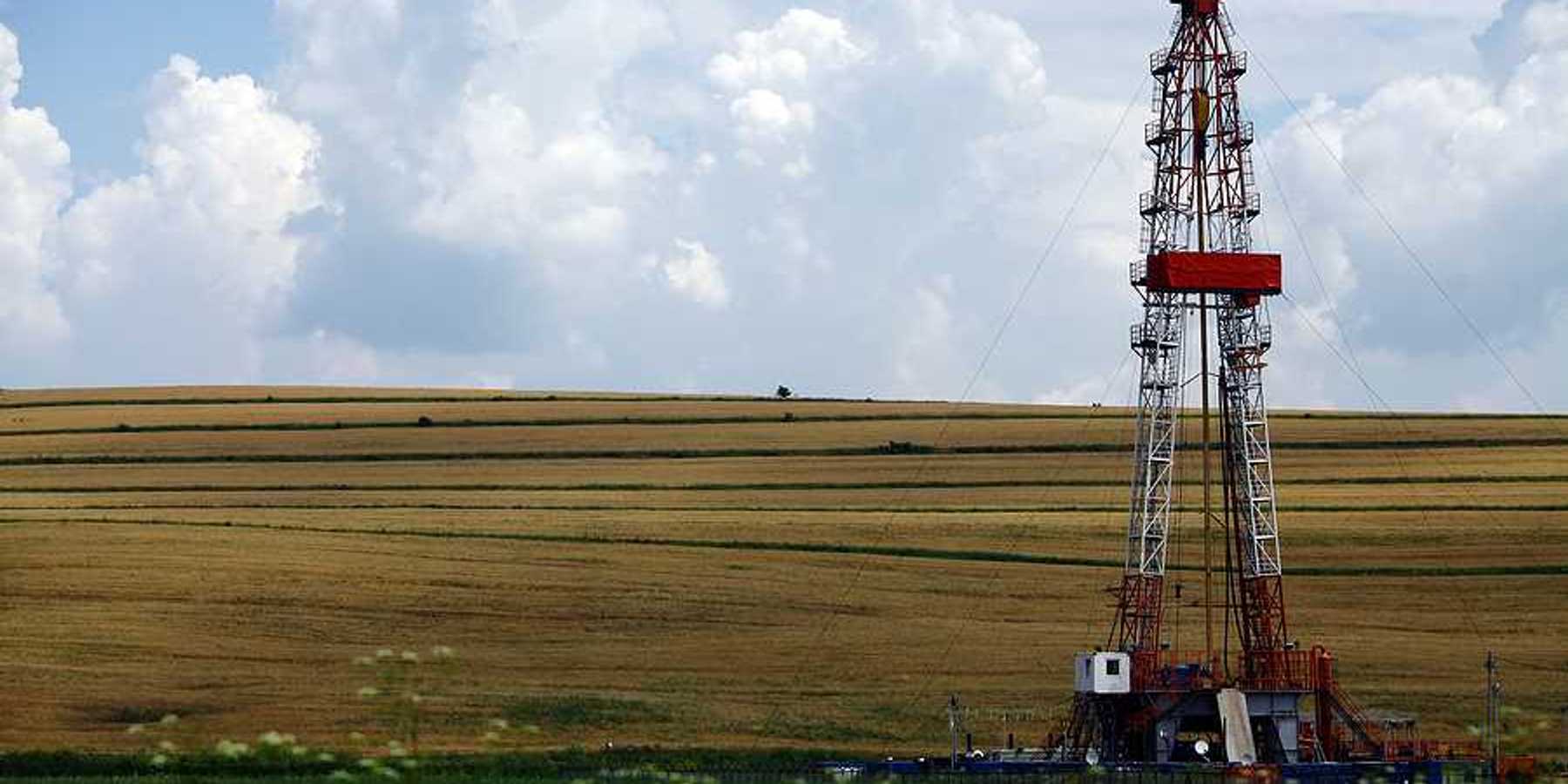05 August 2024
Pollinators and plants are becoming out of sync due to climate change
As global temperatures rise, the timing between pollinators like bees and the plants they help reproduce is becoming mismatched, threatening ecosystems and agriculture worldwide.
Jennie Durant reports for Grist.
In short:
- In Colorado, biologist Elsa Godtfredsen observes that warmer winters cause flowers to bloom before bumblebees emerge, disrupting pollination.
- Timing mismatches between pollinators and plants have been documented globally, risking crop yields and biodiversity.
- Managed honey bees may compensate for some losses, but supply concerns could drive up food costs.
Key quote:
“It’s like we’re walking in the dark, and we know that there are cliffs, and we don’t know where the edge is.”
— Ed Henry, ecologist at the USDA
Why this matters:
Pollinator and plant mismatches could lead to significant declines in food production, impacting global food security. Ecosystem imbalances may increase in vulnerable regions, particularly affecting food-insecure areas.
Related EHN coverage:













